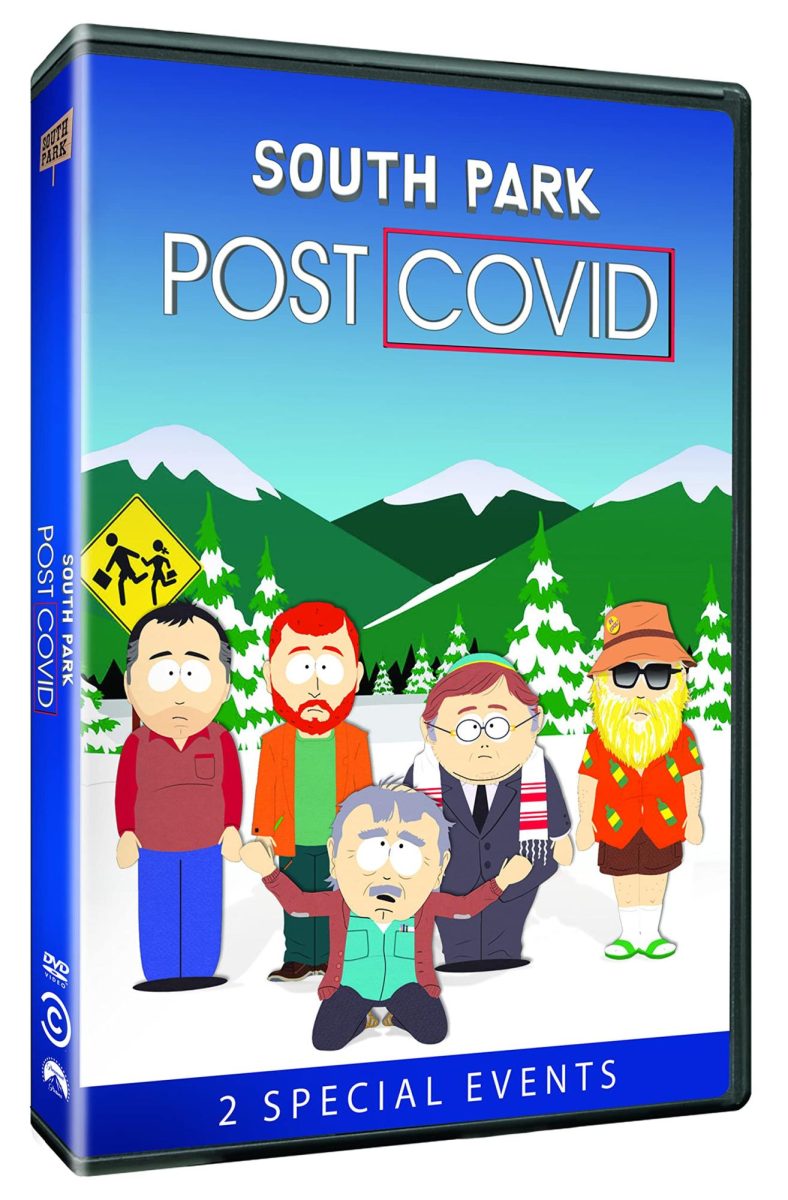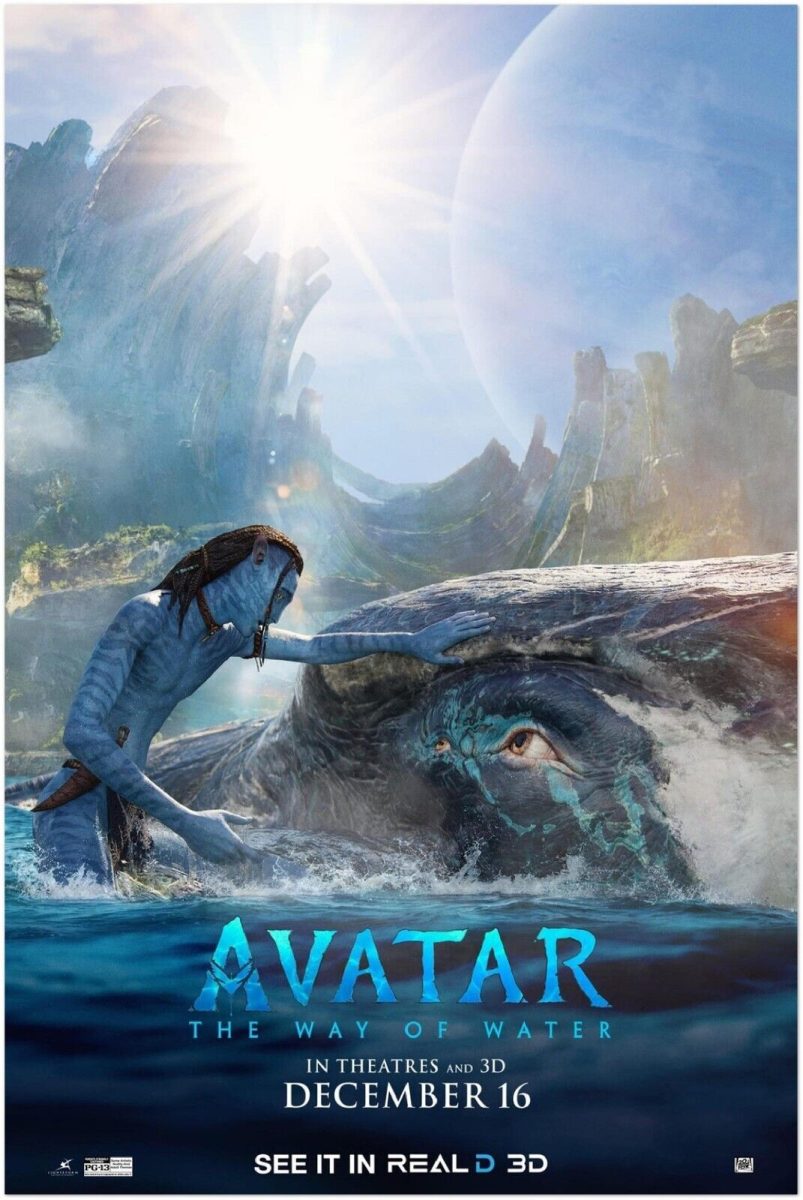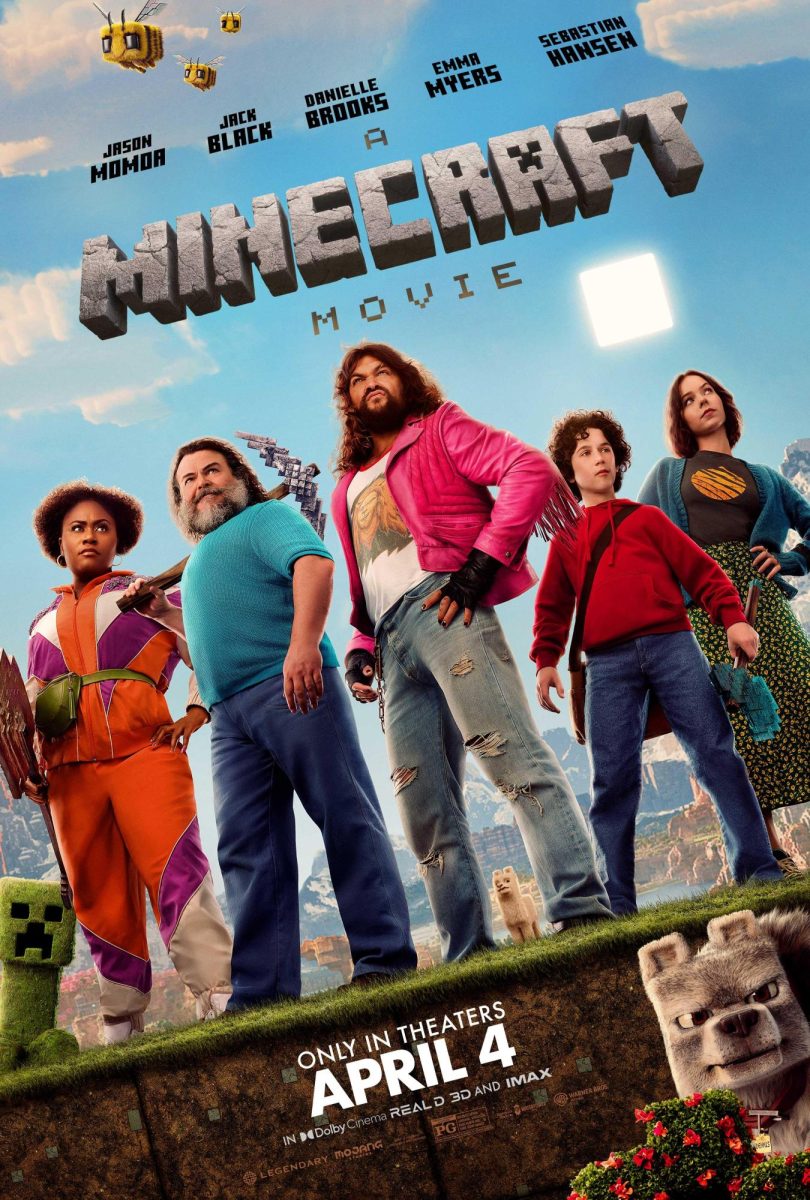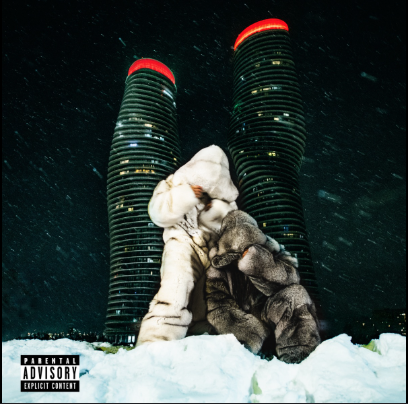January 7th, 2020. A couple months before lockdown, the world lost one of the greatest rock drummers ever to have existed. Neil Peart, talented drummer and lyricist for the band Rush, passed away from brain cancer. His loss shocked the music world, and still leaves ripples today.
Rush, as declared by the Recording Industry Association of America, holds the third-longest run of consecutive gold or greater albums by a rock band, yet their impact was not limited to album sales.
Even though it’s been 7 years since Rush’s final tour, the fanbase has not died. According to Billboard magazine, Rush’s streams increased by 776% in the days following the announcement of Peart’s death. Google Trends provides similar data, showing that search frequency for the band remains heightened after the announcement. There was even a radio station on SiriusXM that played only Rush songs.
I found a similar pattern in my own music rotation. Ever since I discovered Rush, I have been enthralled by their music. Even after two years, they still dominate my playlist. When I made a new Spotify account, I went through their entire discography and added every song I enjoy, totaling about 75.
Their message can make an impact on anyone who listens, which is why they were such an influential band despite their absence from the mainstream. Rush is best known for their full sound, complex melodies, and cryptic lyrics. However, my favorite aspects are their fantasy epics.
One of those epics is called 2112, my favorite Rush song. It’s a 20-minute long, 7-part song depicting a dystopian future where art is outlawed as a distraction from work. This piece is still relevant today, as people are forced to work long hours with no time for self-fulfillment.
Witch Hunt, while contrasting in length to 2112, is still heavy with contemporary meaning. It’s based on the Salem witch trials of the 17th century, with a final message that “ignorance… prejudice, and fear walk hand in hand.” This message, along with the theme of authority preaching hatred, is unfortunately still relevant today.
I wanted to feature Neil Peart to honor his accomplishments, and to encourage those curious to listen to the songs he wrote. Hopefully, his music will change others like it changed me.












